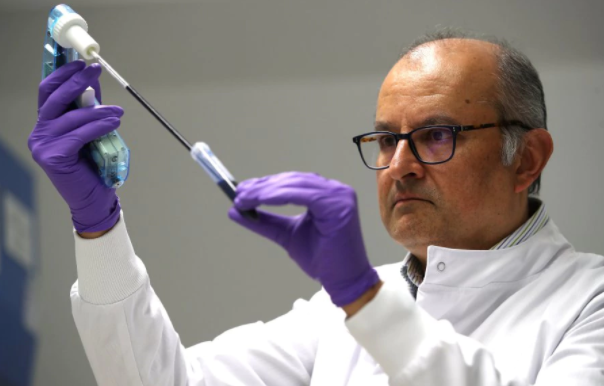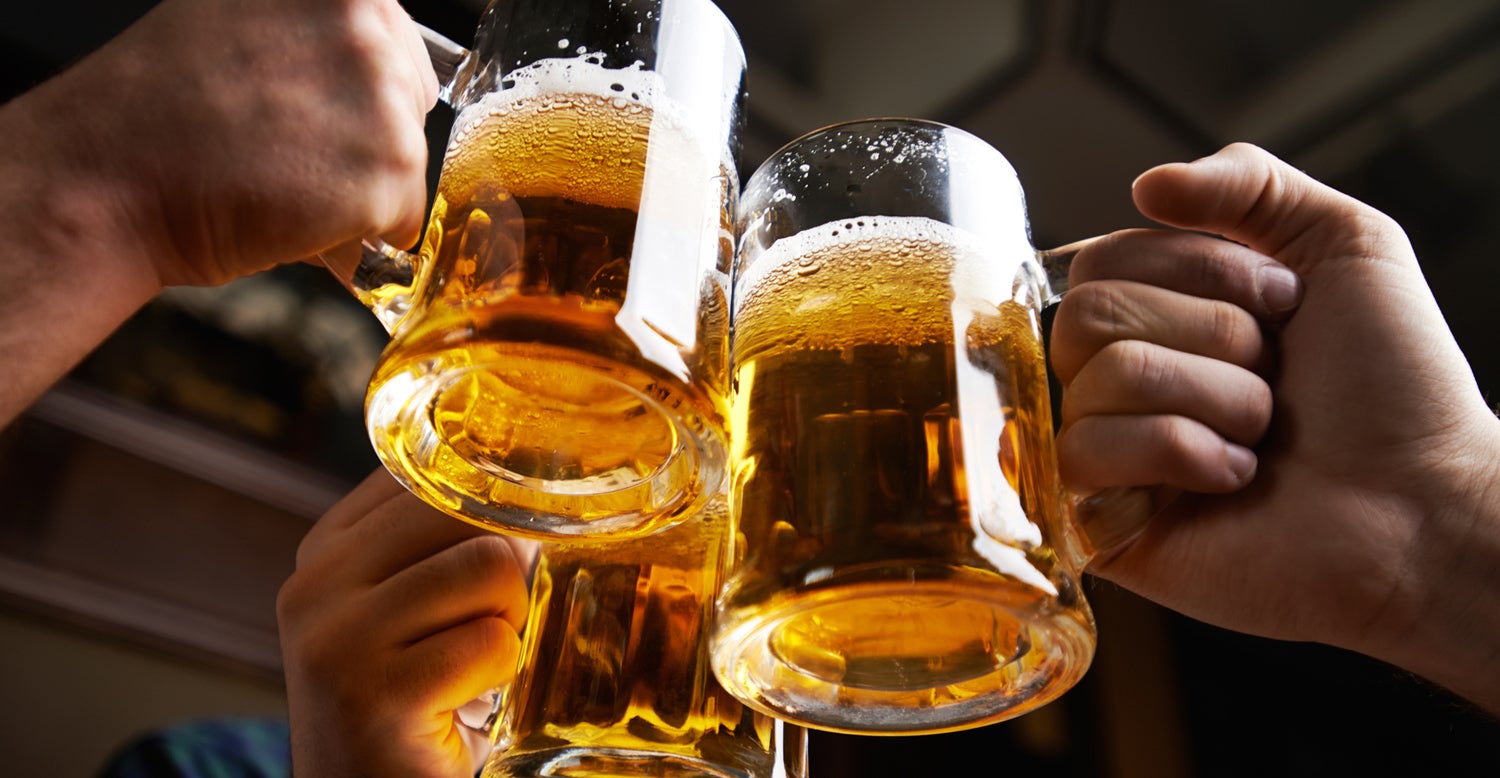These alarming findings could make many of us think twice about drinking a little too much!
According to Cancer Research UK, one of the study’s key findings was that alcohol actually damages DNA in stem cells that are involved in producing new blood.
This discovery could be a possible explanation as to how alcohol consumption could increase one’s risk for developing the following types of cancer;
- Mouth cancer
- Throat cancer
- Laryngeal cancer
- Oesophageal cancer
- Breast cancer
- Liver cancer
- Bowel cancer
Yikes!
Researchers conducted the study by feeding lab mice diluted alcohol. After the mice consumed the alcohol, chromosome analysis and DNA sequencing were used to examine its effects.

Source: eat right ontario
They found that the alcohol the mice consumed caused their bodies to produce a harmful chemical called acetaldehyde, which can break and damage DNA within their blood stem cells. This rearranges chromosomes and permanently damages the DNA in these cells. As a result, stem cell damage like this can lead to cancer.
The study’s chief investigator, Professor Ketan Patel, told Cancer Research UK,
“Some cancers develop due to DNA damage in stem cells. While some damage occurs by chance, our findings suggest that drinking alcohol can increase the risk of this damage.”

Source: new straits times
On top of that, the study also looked at how the body responds to the damaging effects of alcohol. Enzymes called aldehyde dehydrogenases (ALDH) help break down acetaldehyde so that it’s less harmful. However, this isn’t the case for all of us. An excerpt from Cancer Research UK’s statement reads,
“Worldwide, millions of people, particularly those from South East Asia, either lack these enzymes (ALDH) or carry faulty versions of them. So, when they drink, acetaldehyde builds up which causes a flushed complexion, and also leads to them feeling unwell.”
In the study, mice that did not have the ALDH enzyme experienced four times more damage to their DNA than those with the enzyme! Professor Patel added,
“Our study highlights that not being able to process alcohol effectively can lead to an even higher risk of alcohol-related DNA damage and therefore certain cancers. But it’s important to remember that alcohol clearance and DNA repair systems are not perfect and alcohol can still cause cancer in different ways, even in people whose defence mechanisms are intact.”

Source: independent
Well, with this new information coming to light, we suppose this will encourage everyone to monitor just how much alcohol they consume. Moderation is the key!
Also read: There is a Dangerous Link Between Chinese Herbal Medicine and Cancer, Study Shows











































